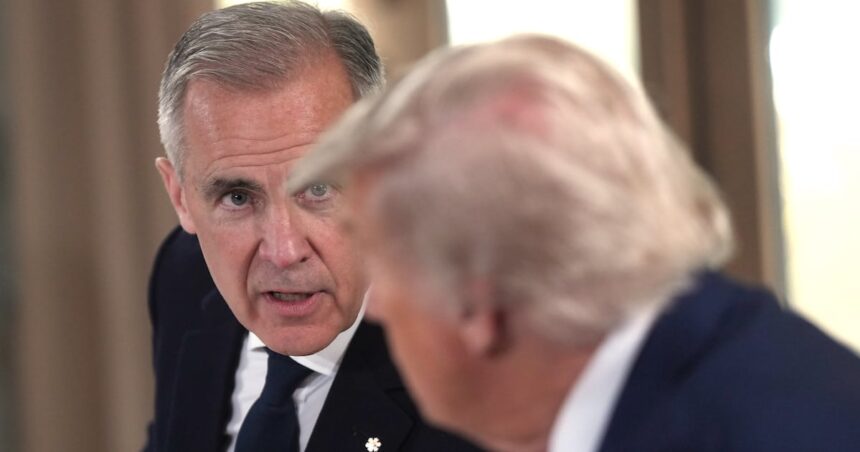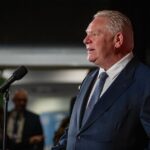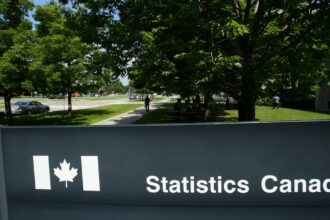As the specter of punitive tariffs looms once again across the Canada-U.S. border, Prime Minister Justin Trudeau has taken a firm stance, pledging that Ottawa will stand steadfast in defense of Canadian workers and businesses against mounting trade threats from Washington.
“We will always defend Canadian interests, Canadian workers, and Canadian businesses,” Trudeau declared during a press conference in Vancouver, his tone resolute in the face of former President Donald Trump’s recent campaign promises to implement sweeping tariffs if he returns to office in 2024.
The economic stakes could hardly be higher. Trump’s proposed 10 percent universal tariff on imports—with potentially higher rates for Canada specifically—threatens to upend the carefully balanced trade relationship between the two nations. With bilateral trade exceeding $1 trillion annually and supporting millions of jobs on both sides of the border, analysts at the CO24 Business desk note that such measures could trigger significant economic disruption.
Deputy Prime Minister Chrystia Freeland emphasized the integrated nature of the two economies, stating, “Our supply chains are deeply interconnected. Any tariffs would harm American businesses and consumers just as much as Canadian ones.” Her comments reflect the reality that components in many products cross the border multiple times during manufacturing.
Trump’s specific mention of Canada as a potential target marks a significant shift in rhetoric. During a recent campaign rally, he claimed, “Canada has taken advantage of the United States for many years,” adding that tariffs would “teach them a lesson.”
Economic experts interviewed by CO24 News warn that such tariffs could spark significant inflation in both countries. Mark Thompson, chief economist at Toronto Financial Group, explained, “When you artificially increase the cost of goods, consumers ultimately pay the price. These tariffs would effectively function as a tax on American consumers.”
The timing of these threats coincides with ongoing discussions regarding the Canada-U.S.-Mexico Agreement (CUSMA), which is scheduled for review in 2026. Sources within Global Affairs Canada indicate that preparations are already underway for what could be challenging negotiations if the political landscape shifts in Washington.
Provincial leaders have also voiced concerns. Ontario Premier Doug Ford, whose province’s manufacturing sector is deeply integrated with American supply chains, has called for a unified approach. “This isn’t about politics—it’s about protecting jobs and livelihoods on both sides of the border,” Ford stated at a manufacturing facility in Windsor.
The potential trade disruption extends beyond traditional manufacturing. Technology firms, agriculture, and energy sectors all face significant uncertainty. According to data from Statistics Canada, approximately 75 percent of Canadian exports go to the United States, making any trade barriers particularly consequential for the Canadian economy.
International trade experts point out that any new tariffs would likely face challenges under World Trade Organization rules and CUSMA provisions. “There are legal mechanisms in place specifically designed to prevent arbitrary trade barriers,” noted Dr. Eleanor Richards, professor of international trade law at McGill University.
Canadian officials have emphasized that while they hope for continued positive relations, contingency planning is underway. “We’ve navigated trade challenges before, and we’ll be prepared to do so again if necessary,” Trade Minister Mary Ng stated after meetings with industry representatives in Ottawa.
As both nations approach electoral cycles with economic policies taking center stage, the question remains: Can the deep economic partnership between Canada and the United States withstand the potential shocks of protectionist policies, or are we witnessing the beginning of a fundamental restructuring of North American trade relations?










